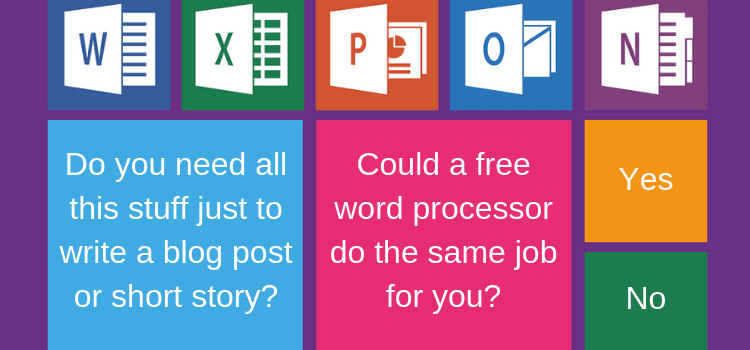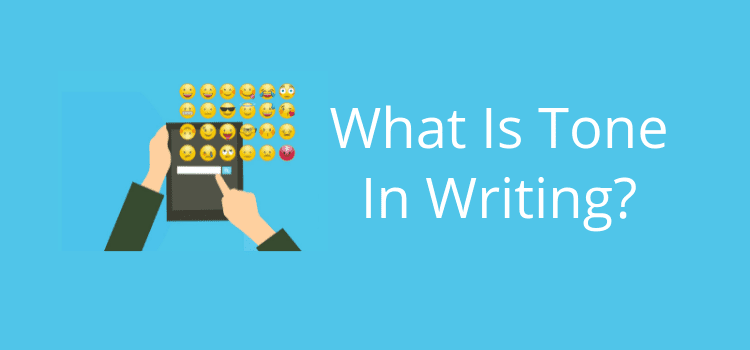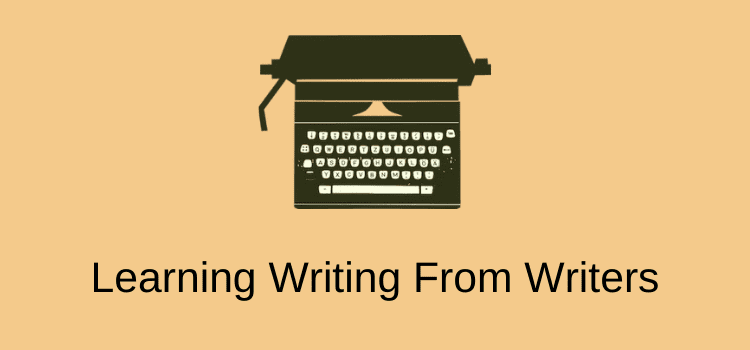
Many free Microsoft Word alternatives are available now, so you have plenty of choices.
I’m sure you don’t prepare business plans with charts and graphs. You don’t use online collaboration tools or schedule meetings for a group of directors.
I doubt you would ever need to create business presentations with 100 slides.
You write your words for blog posts, content articles, guest posts, and short stories, and maybe publish poems. So why do you pay for MS Office to do these simple writing tasks?
You don’t need to pay for a word processor
Whichever option or version of Word you choose, you pay.
The Office Suite is a bundled application of many programs that writers will never need.
Even with the basic personal Office 365 subscription and Microsoft Onedrive, you pay for Excel, Outlook, and PowerPoint just to get MS Word.
It might be a good deal for a small business, but you only want to write, create, and edit text.
Why pay for all the stuff you will never use to write in Word documents?
You can use Word online as part of Office Online, but you still need to pay.
If you only need to write, many free alternatives will do the job perfectly for you.
Like most of us, I used Word for years, but I can’t remember the last time I used it.
Sure, I have lots of old files in Word document format.
But I can open and edit almost any file format with a completely free Word alternative.
Writing a book
Word processors are not ideal for writing a book. Long manuscripts can cause problems with any word processor, including Word.
But you can do it if you set up a book template and save chapter files.
However, sometimes, it is a better idea to use software designed to handle the big job of writing a novel or a book.
Read our article, which lists the best free and paid book writing software choices for you if you plan on writing a book.
Free alternatives to Microsoft Word – You have lots of choices
What can I use instead of Microsoft Word? Nowadays, you have so many options for free writing programs like Word.
You can download free word processor software, or you can use web-based and cloud-based applications.
All you need is a blank document.
Then, write your words. Add a little formatting and save your work.
Almost any free version of a word processor can do this.
Changing word processors is also a great way to view your writing in a different way.
Do you want to move away from using Word?
Try some of these free alternatives to replace Microsoft Word to see if one is right for you and your writing needs.
To get you started, here are ten excellent free word processors for you to choose from.
1. Google Docs

Google Docs is a free office tool suite. The big contrast to MS Office, of course, is that Google Docs is free.
If you know how to use MS Word, you will adapt to Docs in no time.
The user interface, menus, and formatting options are almost the same.
Docs has a word counter, so it’s easy to keep track of your writing goals.
Many writers, including content article writers, use Google Docs because it is easy to share documents and collaborate.
It is also fully compatible with importing and exporting docx documents.
Writing projects are stored and saved to Google Drive. You get 5 gigabytes for free, which is usually enough storage space for most writers.
Another advantage is that you can also set up Docs to work offline if you prefer.
2. Apple Pages

If you are a Mac user, and all you need is a free word processor—it’s easy. Apple Pages can do everything you need.
The page layout view is extremely easy to work with. All the fonts, text formatting, and editing tools are easy to find. (Now with Apple Intelligence writing tools.)
It has a decent spell checker, word and page count, and track changes with a comments option.
Pages also has a great real-time auto-save function. It saves your work automatically to your computer or your iCloud drive when you are online.
There is a duplicate file function, too. It allows you a lot of control over your edits and revisions.
Almost all of the standard features in Word are available in Pages documents.
One area where Pages shines over Word is that you have much more control over any images you use.
Another is that you can format an ebook for publishing and export it to an epub file.
3. Libre Office

I used Apache OpenOffice for many years. It is an open-source project and is still a great option.
However, there is another very similar free office suite. Libre Office is a favorite for a lot of writers.
The two office suites share many similarities, as they came from the same basic development.
Working with Writer, the word processor, is easy. It has clear traditional menus, icons, and toolbars. It doesn’t have the sometimes confusing ribbon found in Word.
This might be a useful feature for you. It lets you get on with writing instead of endlessly searching ribbons for the right buttons.
If all you need is a functional word processor, Writer in OpenOffice or Libre Office might be a sound choice.
4. WPS Office

If you are familiar with Google Docs or Microsoft Word, you will be able to work with WPS Office straight away.
WPS is similar to other free word processors. It has all the standard features you expect and works with most standard word-processing file extensions.
One of its best features is the facility to drag and drop paragraphs, which is a very practical idea.
Another great feature of WPS is that it has tabbed documents—no need to keep hunting for open windows.
WPS also comes with a complimentary cloud storage service that gives you 1G free space for PC and iOS.
5. Calmly Writer

Calmly Writer lets you do one thing well. Write.
When you start typing, all the distracting options disappear from the interface. All you see are your words.
Calmly also includes a focus mode tool. When you activate it, it highlights only the paragraph you are working on at the time.
If you are a writing minimalist and hate distractions when you write, it could be a good choice for you.
Calmly Writer is a browser-based app with a Chrome extension available.
6. Zoho Writer

Zoho Writer is a great free alternative to Word. It is packed with a lot of features.
You can sync between your PC or Mac, iPhone, Android, or iPad.
Almost everything you do in Word, you can do with this word processor. There are even collaboration tools.
It also has Zia, a writing assistant, to help with contextual grammar, readability, and style suggestions.
You can import your existing Word documents and get to work. There is also a plugin to link your Zoho documents to Word.
It’s not a bad deal at all for a free online writing tool.
7. Focus Writer

FocusWriter is another minimalist, distraction-free text editor.
It uses a full-screen hide-away interface, but you can access the menus by moving your mouse to the edges of the screen.
This option allows the program to have a familiar look and feel. It also removes all the clutter so that you can immerse yourself in your work.
It’s available for Linux, Windows, and Mac OS X.
8. iA Writer

If you are looking for a clean, no-fuss writing web app, then iA Writer might be right for you.
Forget about all the fancy keyboard shortcuts and lists of menu options.
All you can do with this great little app is write.
The NYT says this about iA Writer. “It creates a clean, simple, and distraction-free writing environment for when you really need to focus on your words. It’s delightful to use.”
For article and blog post writing, it is one of the top free word processors out there and will suit most writing styles.
It is available for Windows, Mac, and apps for Android and iOS.
9. Softmaker Free Office

Free Office gets a mention because it can do one thing some other word processors can’t do.
It can export directly to .epub. It’s a very handy feature for self-publishers.
FreeOffice is a complete Office suite with a word processor, a spreadsheet application, and a presentation program.
All of these are compatible with their counterparts in Microsoft Office.
TextMaker is the free word processor in this office suite.
It comes with advanced formatting options, the ability to create databases for bibliographies and footnotes and track change.
It is available as a free download for both Mac and PC.
10. Scribus

Scribus is a free program for desktop publishing.
It gets a mention here because it is free, of course. But also because it is such a feature-rich cross-platform program.
As long as you are familiar with using text boxes, you can use this program to design flyers, brochures, and newsletters.
Scribus is a page layout and desktop publishing program.
It works with Linux, FreeBSD, PC-BSD, NetBSD, OpenBSD, Solaris, OpenIndiana, Debian GNU/Hurd, Mac OS X, OS/2 Warp 4, eComStation, Haiku, and Windows.
So, well, that says you can use it on any operating system under the sun.
Scribus supports professional publishing features, such as CMYK colors, spot colors, ICC color management, and PDF creation.
Perhaps it is not a perfect choice for most writers and bloggers. But you might have a desktop publishing job you need to do one day.
Summary
No, you don’t need to pay a cent for a reliable and fully functional word processor.
So many free alternatives are equal to or better than Microsoft Word.
Many of the programs listed above are complete office suites. So you get a bonus with all the extras that come with them.
You definitely have plenty to choose from. So make your choices and save yourself a lot of money.
Related reading: Choose Your Writing Apps For iPad To Write Anywhere Anytime
Share This Article



Great post. I use Scrivener for my writing, but a lot of authors I know rely on MS Word, and as you say, it is problematic to work with, especially when trying to format it into book form. Thanks for sharing.
Thank you, Harmony. You’re right. Maybe I should put the warning to authors in red! Word processors are great for short-form writing. But not for a novel.
You forgot to include Scrivener in your list. Scrivener is one of the BEST word-processing programs for writers in existence, providing writers with the ability to easily get their files ready for submission to agents and publishers (those heading down traditional roads), or to generate the necessary eBook files and other formats needed for self-publishing.
There is a link in the post to software for writing books. Scrivener is on that list.